The Public Ambassador Group (PAG)
The Public Ambassador Group is composed of people with subjective cognitive decline (SCD), people at higher risk of developing dementia and people with no cognitive decline but who provide support/care to people living with dementia (e.g. family members, partners and friends).
All of the Ambassadors have a keen interest in brain health and promoting dementia research.
Meet the Ambassadors in PAG
Barry Northedge
United Kingdom
I am Barry Northedge, 67 years of age and represent the UK (Scotland) as part of the European Dementia Carers Working Group. My working life was spent in Education as a Secondary School teacher, youth worker, manager of Adult Learning projects and, finally, quality assuring educational standards in the Highlands of Scotland.
Dementia became the main focus of my life when my wife, Margaret, was diagnosed with Early Onset Alzheimer’s dementia in 2014, when she was just 54. I have been supporting Margaret to remain positive and “live well” with the disease ever since.
I am a member of the Scottish National Dementia Carers Action Network and have been actively involved in dementia campaigns, awareness raising and research.
I became involved in PREDICTOM because I am keen to support any work which may offer hope for the better diagnosis and treatment of Alzheimer’s and dementia.
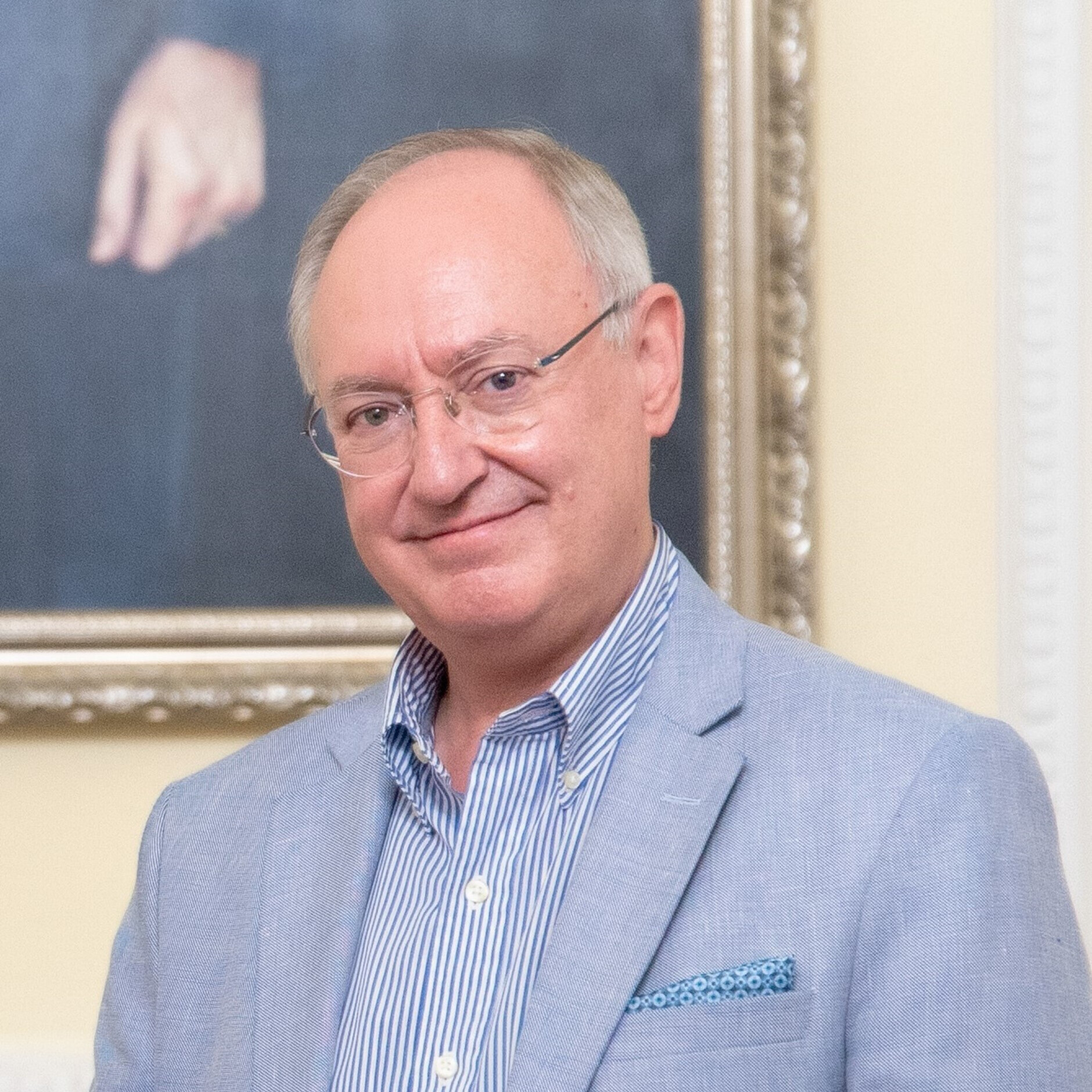
Jose Cea Jimenez
Spain
I am José Cea Jimenez and I was born in Madrid, Spain. I have been working in Telecommunications and Information Technologies for forty years.
Currently, I am a Board Member of companies and institutions which pursue strategies to take full advantage of new technologies. For eight years, I was a member of the Board of Directors of the Madrid Association of Telecommunication Engineers, the last four as its Chairman. From this association, in 2018, I knew about the advanced research on Alzheimer's disease and other neurodegenerative diseases being conducted by the Madrid Centre for Biomedical Technology (CBT). Later, I began to actively collaborate in the recruitment of participants - also volunteering myself - for the CBT’s magneto-encephalography programmes.
Although I do not have a neurodegenerative disease yet, I am committed to contributing to research projects about those conditions, especially those using Artificial Intelligence and Telecommunications technologies; I am hence delighted to participate in the Advisory Board of the European projects PREDICTOM and eBRAIN-Health.
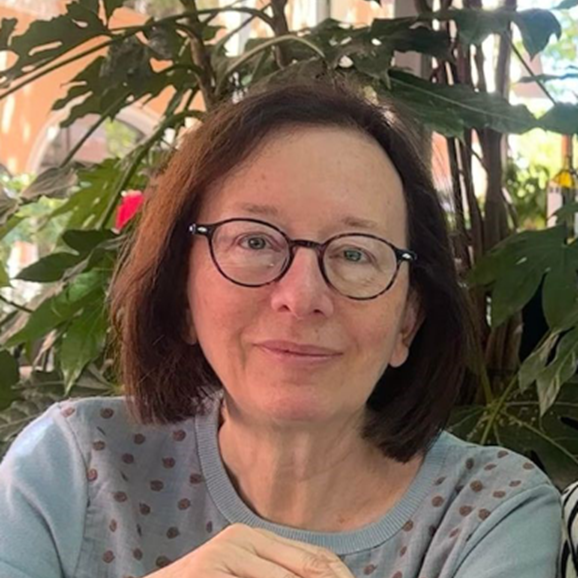
Mercedes Fernandez
Spain
My name is Mercedes Fernández. I am Spanish and 72 years old.
Although I worked in the international sales domain, my interests have always been around biology and anthropology. Now that I am retired, I write novels and tales.
I became involved in activities related to dementia when I experienced a subjective decline in my memory. In this regard, I have been part of the EUROFINGERS Advisory Board about the impact of living a healthy life on delaying the progress of Alzheimer disease. The EUROFINGERS project came to an end and I am more than pleased to contribute now to the PREDICTOM project.
If the researchers need my advice or support in their projects, I have no doubt that my only reply can be “yes”.
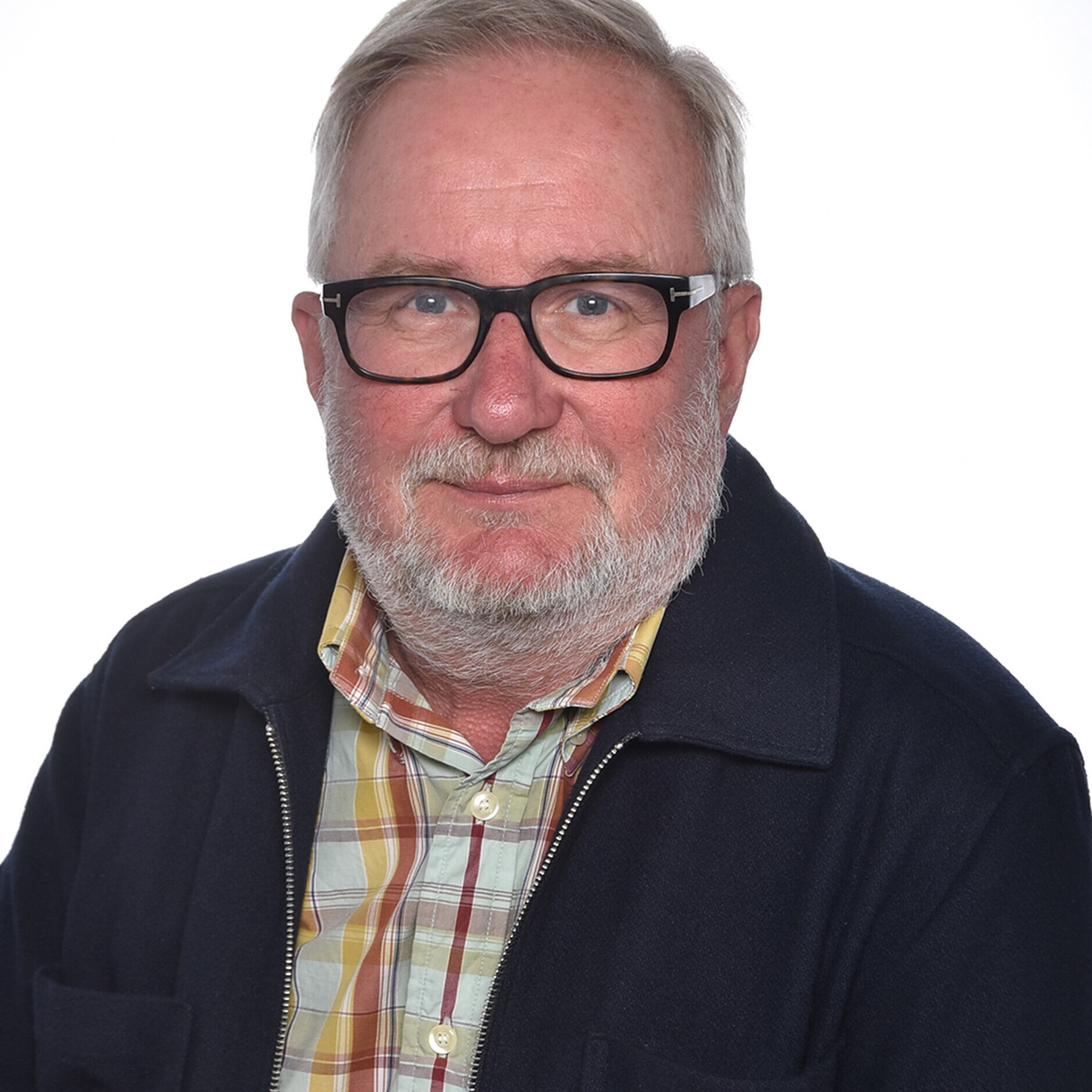
Jouko Riipinen
Finland
My name is Jouko Riipinen, I am 69 years old and retired six years ago from working full time. I live mainly in Helsinki but spend also quite a lot of time at our summer cottage near Vaasa on the west coast of Finland.
I am interested in brain health because I would like to have many active years with my grandchildren, travelling and enjoying life. With my father, I could see how much dementia changed his and also my mother’s life during his last few years. With that experience, I would like to do my best to avoid dementia in my later years.
When I got the opportunity to become a member of the Advisory Board – first LETHE and later also PREDICTOM – I didn’t have to think for a long time. I hope that as a member I can contribute something useful to the study, which I think is very important for so many people. I have already noticed with myself, that the advice we have got has given a lot of motivation: it really is possible to reduce risks for cognitive decline or dementia and you can already do a lot just by changing your diet and by being physically and mentally active.
I’m convinced that also the use of suitable technology could assist in making a change in everyday life. I’m looking forward to continuing working as a member of both Advisory Boards!
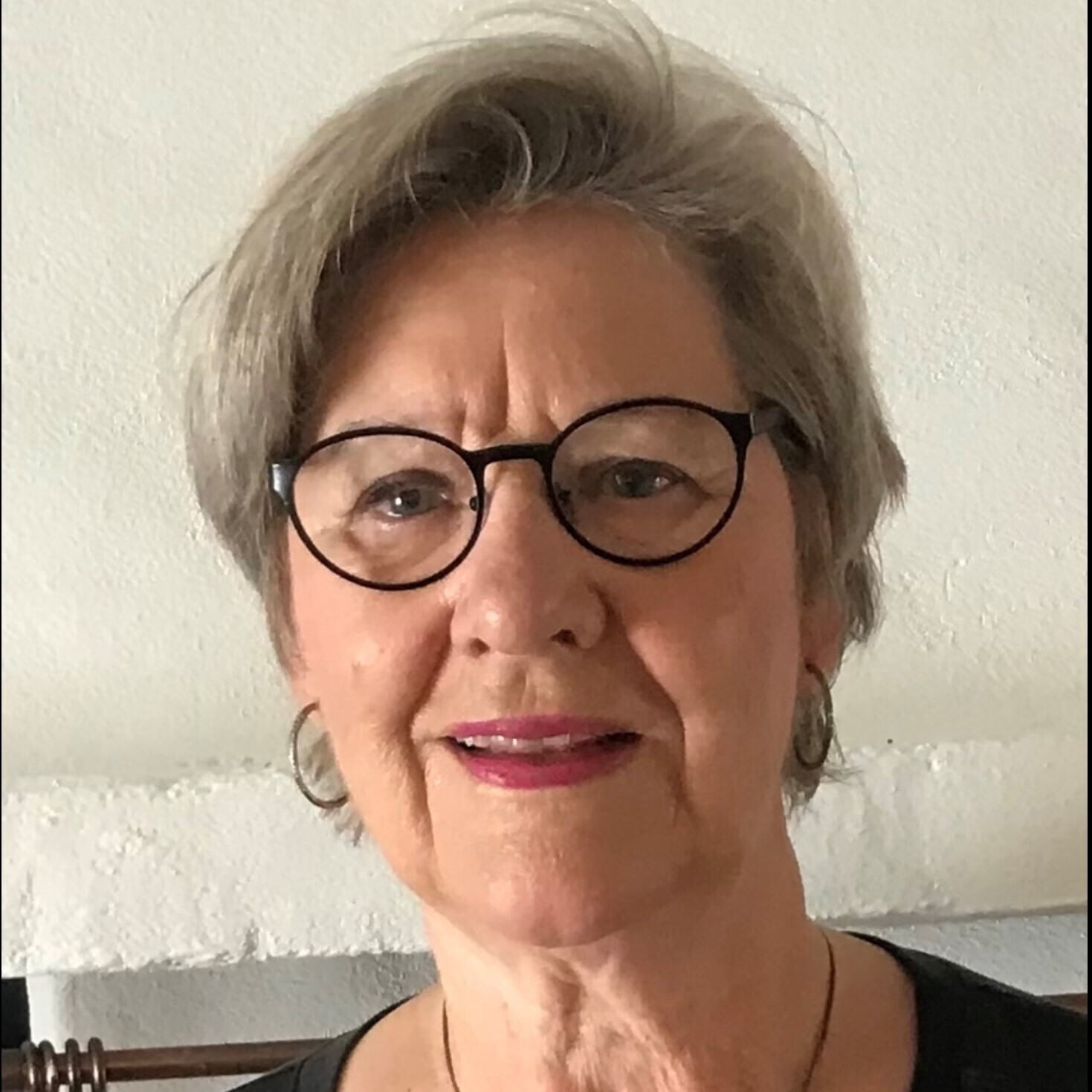
Liv Thorsen
Norway
My name is Liv Thorsen and I live in a city north of Oslo, Norway.
I am a busy 77-year-old woman, a local politician, and I do a lot of teaching. I am married to Kjell who got an Alzheimer's diagnosis 10 years ago, and we live together in our house with a garden that keeps us busy.
Through my political involvement, I can influence how we can improve the care that concerns people with dementia and their carers. Also, I can focus on how we can provide knowledge to service companies, so the city becomes a better place to live for everyone, including people with dementia.
It is important to support all the research projects that bring us forward, like PREDICTOM.
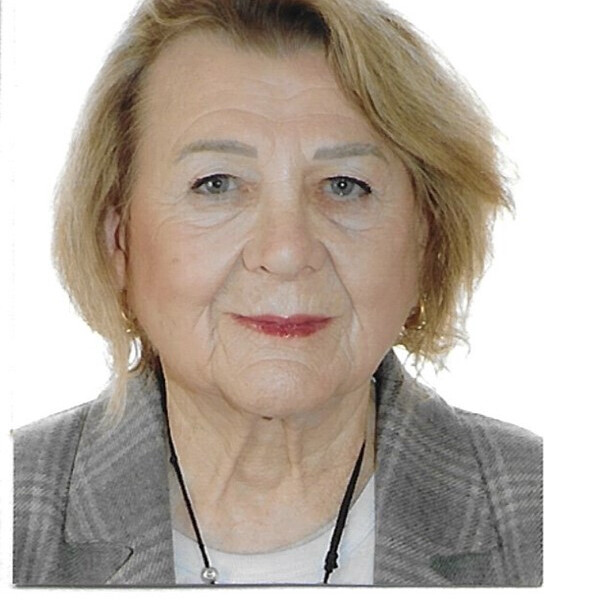
Miriam Pannone
Italy
My name is Miriam Pannone. I am 77 years old and a retired professor of Statistics from the University of Perugia.
I’m deeply passionate about healthcare, advocacy, and public engagement. Therefore, I am highly motivated to participate in the PREDICTOM Advisory Board.
The opportunity to be involved in a project that focuses on raising awareness, early detection and risk reduction for Alzheimer's disease resonates significantly with my personal and professional values.
By increasing awareness and promoting early detection, there is the potential to enhance the quality of life for individuals at risk and their families. I firmly believe that education is a powerful tool in empowering individuals to take control of their health and well-being. By serving on the Advisory Board, I hope to contribute to developing educational materials, outreach campaigns, and training programs that will inform the public about Alzheimer's risk factors, warning signs, and available resources for early intervention.
In conclusion, my motivation to participate in the project stems from a sincere desire that PREDICTOM will make a meaningful difference in the lives of individuals at risk of Alzheimer's disease.
Jayne Goodrick
United Kingdom
